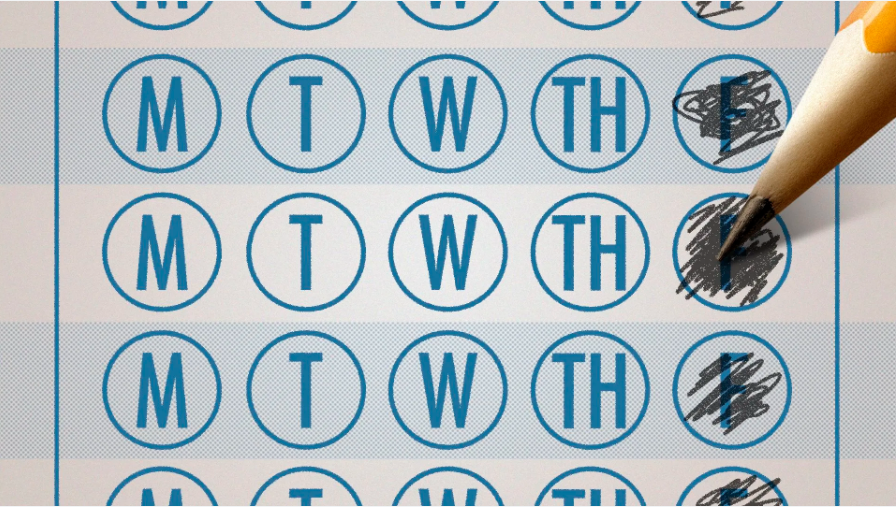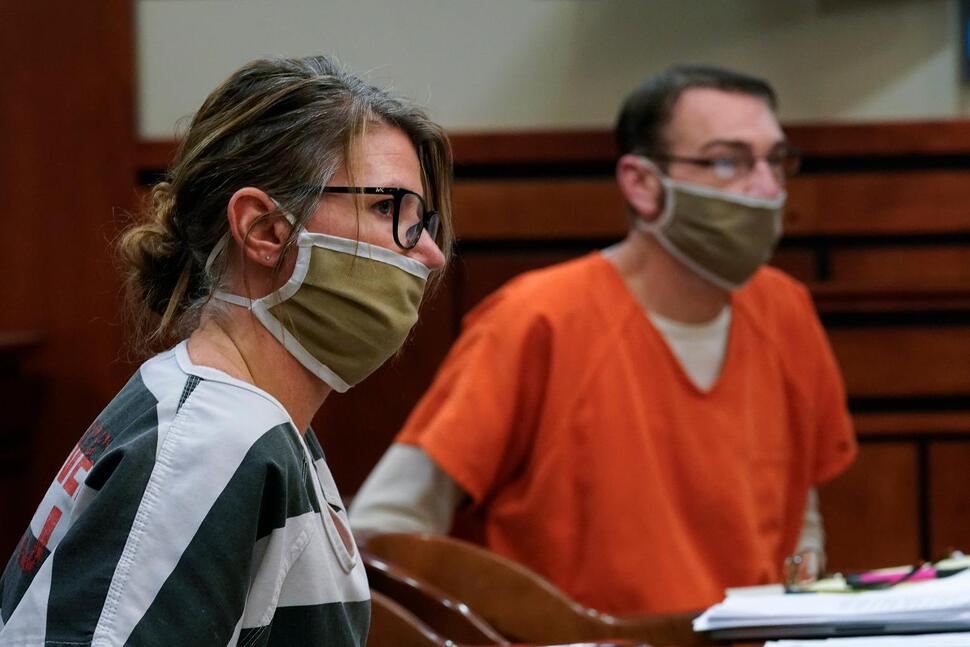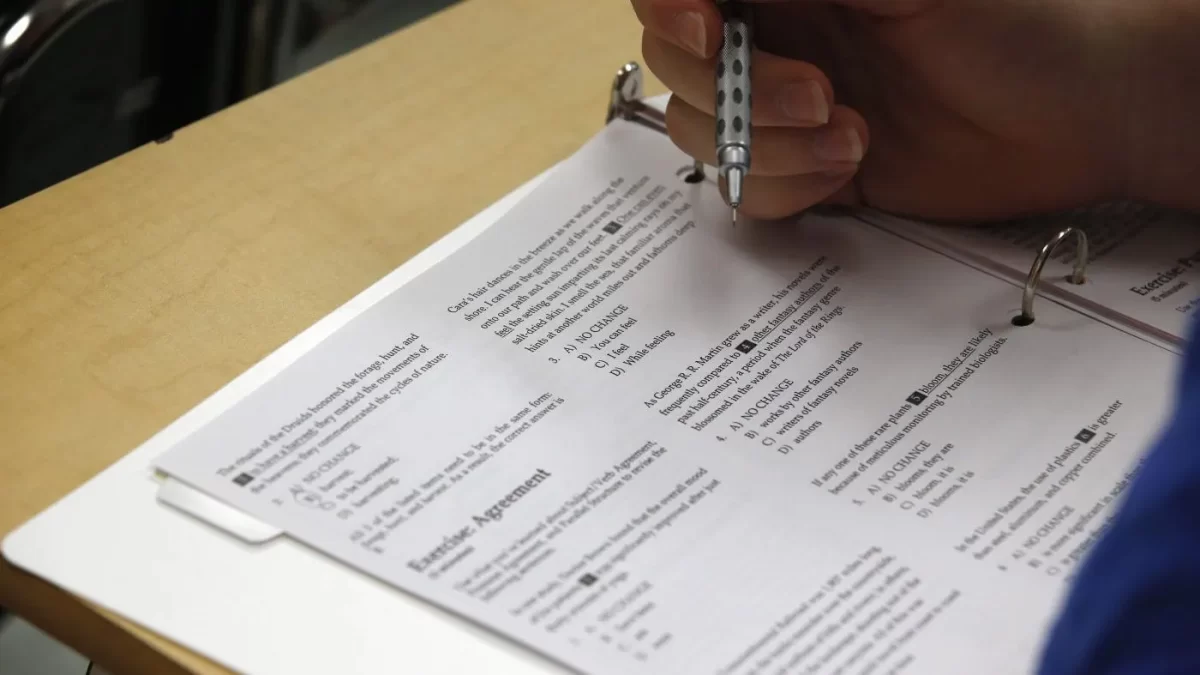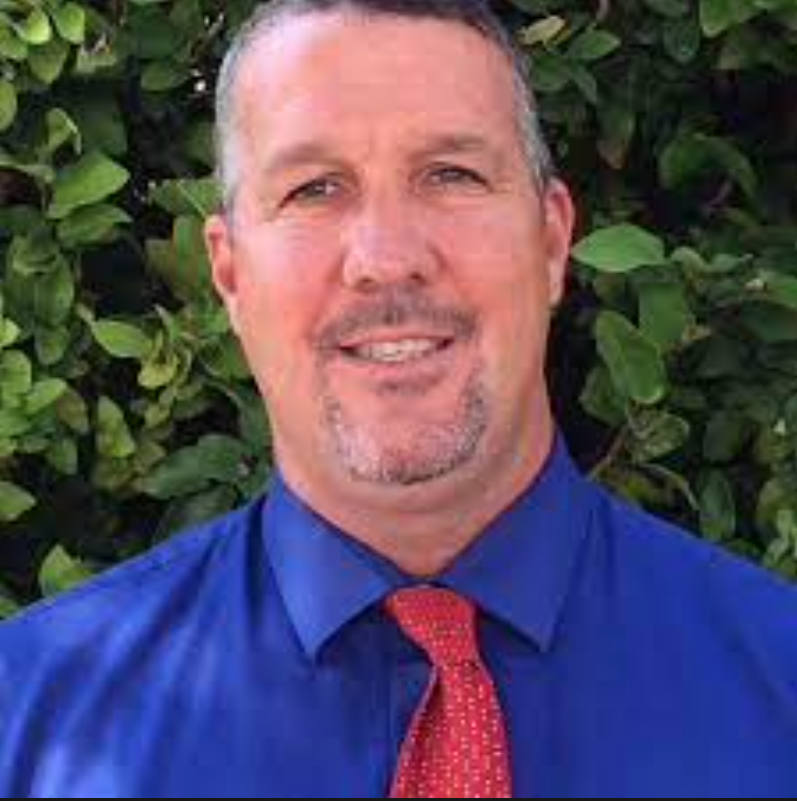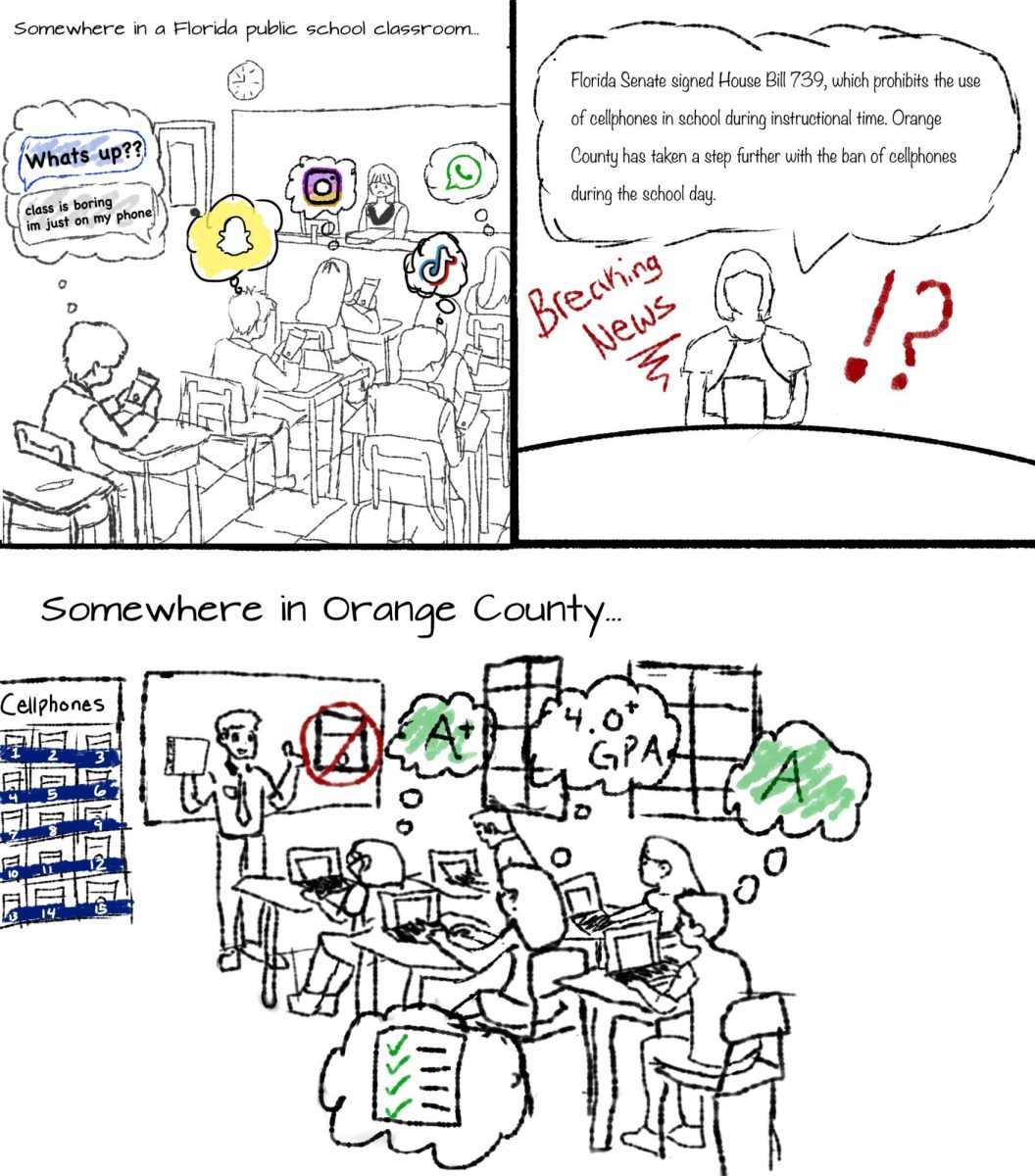So Many Tests, So Little Time
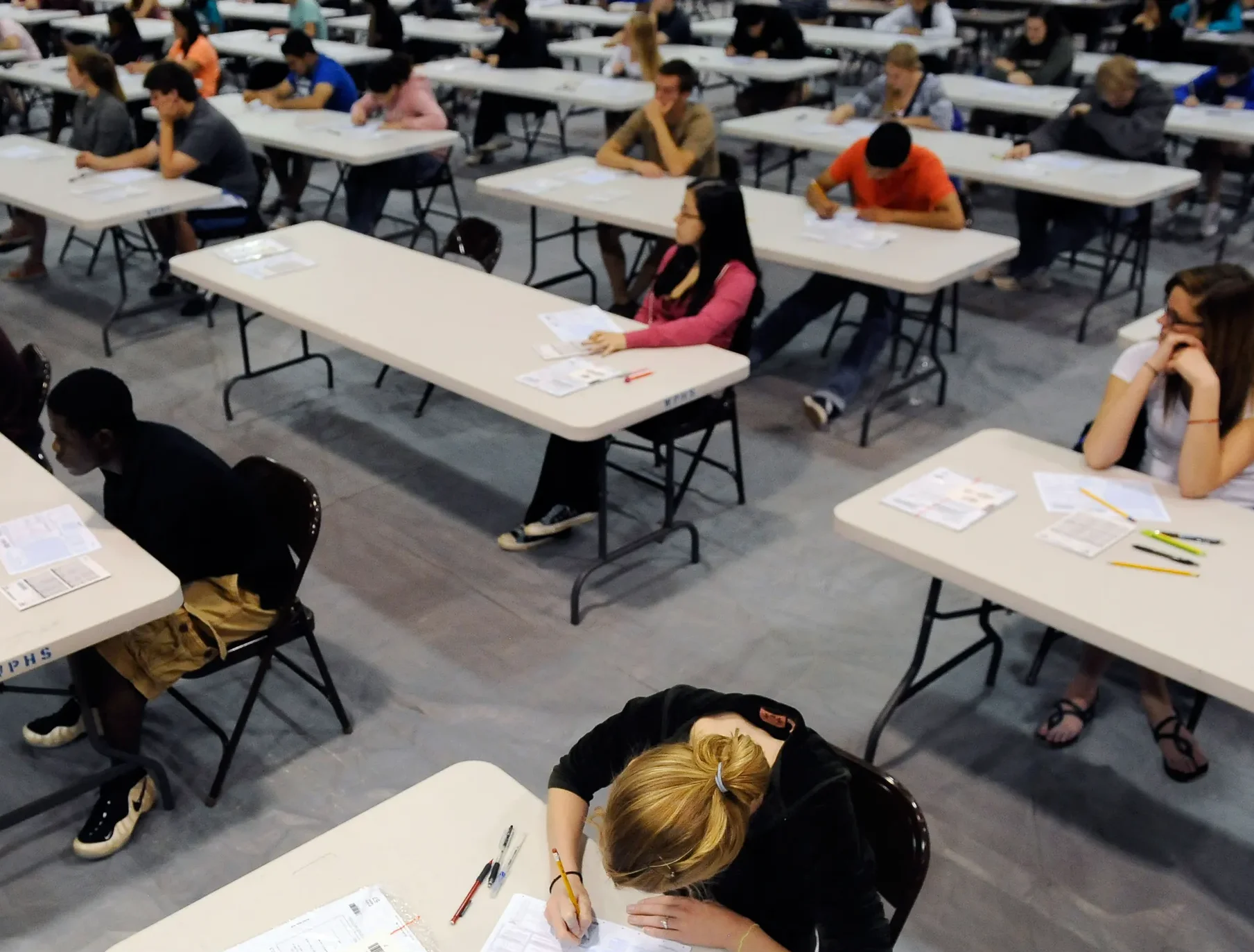
As the saying goes, “April showers bring May flowers”, they also bring the school testing season. Whether it’s the FAST, AICE, AP, or EOC exams, Students in Florida are subject to almost a full month of sitting in a quiet room, in front of their tests either taking it or waiting for the remaining time to end. But exactly how much time is taken from students for standardized testing? Is this time even useful?
To break it down, the average highschool student spends about one hundred and eighteen hours on testing for the entire four years of highschool. This is the total of six FAST exam sessions, twenty eight midterms, twenty eight finals, three EOCs, and the SAT or ACT. AICE students spend an additional estimate of fourteen hours due to multiple exams. Which means an AICE student spends one hundred and thirty two hours on testing. Students also have to take AP exams. AP exams differ by the subject; some keep the students in the school past dismissal and can range anywhere from one to five hours. And let’s not forget about our English Language Learners (ELL). Despite their challenges, they’re subjected to about one hundred and twenty six hours of testing throughout their high school journey. But what’s the real cost of all these testing?
While gaining more credit from AICE exams or class finals is great, it is wasting valuable time that could be used to actually absorb the content being taught by teachers. Instead, it’s spent on memorizing information to pass the standard tests. Students have to deal with the emotional toll of constant studying to prepare. Anxiety levels skyrocket, motivation declines, and mental health suffers. Standardized testing also narrows curriculums like art, music, and physical education. Students are reduced to only data points so their interests are overlooked.
So, what’s the solution? Allowing testing administrators to monitor students progress beyond a single test score would be the best solution. One possible example could be adding a system that relies less on standardized testing and more on assessments throughout the school year. This could involve regular check ins, project based assessments, and portfolios that showcase the students progress over time. Yes, SATs and AICE exams will still exist but combining the midterms, EOCs, and finals into assessments throughout the year will help decrease stress and the total amount spent studying.

Most of the school year is spent testing within class tests and state tests. Sophomores take many tests throughout the year like midterms, finals, EOCs, and FASTs three times a year. The number of hours students take tests yearly are high.
Sophomore Kosta Tsakalis, is shocked to hear how many tests students take throughout the year.
“Wow, I only took the test and never really thought of how many tests there were,” said Tsakalis.
On average students take 30 minutes to an hour to complete the first and second FAST test even though they are given 90 minutes to finish it. For the third FAST test they are given 120 minutes to complete the test but take only 30 minutes or even the last seconds of the 120 minutes. Tsakalis doesn’t think it is necessary to take the whole 90 minutes or 120 minutes.
“To me there’s no point in taking the whole time. I just want to get it over with and go to sleep,” said Tsakalis.
Students find many ways to study for these tests, including looking online for videos, reviewing notes, or even getting a friend to quiz them. But, for how long? The estimated time for regular class tests is an hour or two, and for midterms or finals a total minimum of 8-20 hours.
“I only study for two hours or until I’m confident I will pass all the class tests, but for the more major tests I study until my brain hurts so I can take in all the knowledge I need for the test and so I can have good stats for college in the future,” said Tsakalis.
Even though students take time to study so they can pass the tests, they can often struggle with stress before and after the test, which can cause them to actually fail the test because they can overthink a question.
“I get very stressed during the tests and sometimes I give up and just choose whatever sounds good knowing it can affect my scores,” said Tsakalis.
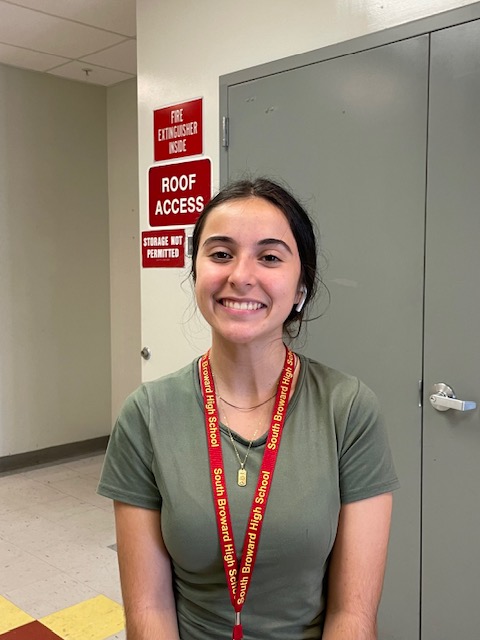
Isabella Mellico, 17, is a SBHS junior who is familiar with test taking. She is a student in the Cambridge program and must take a variety.
“All the tests I have taken throughout the years were FSA, FAST, EOC, and Cambridge and I took all of them in school,” said Mellico. “The new FAST test is not a faster process than the FSA because there three more tests that we must take throughout the year instead of one now.”
Mellico believes that these tests are made to help kids make sure they understand what they learned throughout the year and what they need to learn, but she thinks they just give the tests because they need the money.
“I think the school tests us so much because they make money from them and they might say it is for our benefits, but it is really for money,” said Mellico.
She knows that testing can help see how well students are learning the material but does not think they necessarily benefit.
“We already take tests that test our abilities. It can also help us because it is a test that can tell us what we need to know and what we already know,” said Mellico.
She feels that she needs to pass them to graduate.
“It’s on your record and colleges look at those scores and decide if they want you or not by those scores,” said Mellico.
Although the testing takes a lot of time, she uses her time wisely and does not need extra time.
“I have enough time to finish my test and with the two to four hours we are given that gives me enough time to go back and check my work after I finished too,” said Mellico.
She also studies for the test because she feels she is more prepared and able to understand it.
“I need to test my abilities and my knowledge to make sure I know what to do when the test is given to me, and I am not going to remember throughout the year,” she said.

From the days of middle school to her current high school years, SBHS sophomore, Jahnaya Reid, 16, has encountered her fair share of tests, each one a checkpoint on her educational journey. Taking tests is a common experience for many students, with assessments like the PSAT, the fast, and FSA’S being frequently encountered during middle and high school years.
” when I was in middle school I remember taking the math and reading FSA, we had one hour and forty minutes to complete the test, ” said Reid.
The amount of time spent on testing varies, influenced by school policies and the specific tests being administered. The time it takes to finish a test can vary depending on factors such as the length and difficulty of the test and the individual student’s pace. The PSAT may take around two hours and forty five minutes to complete.
” I haven’t taken extra time on any test because I start as soon as they say we may begin “, said Reid.
However some students are eligible for extra time accommodations, if they weren’t able to complete the test. For the EOC’S you have from 8:00 AM up until 11:30 AM to complete and submit it. If you still need extra time you will have to transport to the media center to finish the exam.
While some students find testing helpful for gauging their understanding of the material and identifying area’s for improvement, others may view it as stressful or unnecessary.
” I honestly feel like these tests are too much, they take u to much time from the day and they’re very frustrating, ” said the sophomore.
Schools administer tests for multiple purposes, including giving them a high school diploma. which Reid doesn’t think it’s fair.
” Throughout the year we work very hard with staying focused with our assignments, tests, etc, “.
She said not all students do well when it comes to testing. She thinks during testing students tend to get distracted or some may get sleepy while taking the test.
” Good grades should be a backup plan if students do not meet all of their requirements, ” said Reid.
Although some students prepare for tests by studying, Reid doesn’t. Students may spend time reviewing materials, practicing test strategies, and seeking additional support if needed.
However, ” I do not study before the tests because I have no idea what’s on the test, every year the state change these tests around ” said the sophomore.

Ramses Alzuphar is a student at South Broward High School who has strong opinions about the FAST testing implemented in Florida schools.
As diligent and engaged learners of all over Florida come together and share their opinions they believe that the FAST testing is a waste of valuable class time and does not accurately assess student knowledge. The FAST testing, or Florida Assessment of Student Thinking, is a series of assessments designed to measure student progress throughout the school year. These tests are intended to provide teachers and administrators with data to help identify areas where students may be struggling and to inform instructional decisions.
“The FAST testing is just a waste of our time in school. It doesn’t really test our knowledge or help us learn anything new,” said Alzuphar.
A main complaint is the questions on the FAST tests are often confusing and do not align well with the material covered in classes. He believes that the tests are more focused on memorizing isolated facts rather than demonstrating a deep understanding of the subject matter.
“The questions are often confusing in the way that I didn’t learn this since I was in middle school and don’t really relate to the material we’ve been covering in class. It feels like the tests are more about memorizing random facts than actually understanding the concepts,” he said.
Despite the criticism, students acknowledged that the FAST testing is a requirement for all Florida students. Many expressed their frustration with the fact that valuable class time is being devoted to these assessments, which are believed to not provide meaningful insights into student learning.
“We have to take the tests, so we just have to deal with it, but I think it’s a waste of valuable class time that could be better spent on actual learning like my AICE testing that is more important,” said Alzuphar.
When asked about the potential benefits of the FAST testing, many students remained skeptical. They believed that the tests are not accurate enough to be truly useful in identifying areas where students need additional support.
“I guess it could help teachers identify areas where students are struggling, but I don’t think the tests are accurate enough to be truly useful and also the reading tests are not stuff covered in my classes that are about the subject. For example in reading the FAST test was useless to what I was learning and would learn in the future and the teachers them self’s tell me they don’t check the FAST scores of the students,” said Alzuphar.
Ramses Alzuphar’s perspective on the FAST testing reflects the concerns of many students and parents in Florida. As the state continues to implement these assessments, it will be important to listen to the voices of those who are directly impacted by them and to consider ways to make the testing process more meaningful and effective for students or like some suggest to even all at once take off the FAST testing before of its low importance.
Your donation will support the student journalists of South Broward High School. Your contribution will allow us to purchase equipment and cover our annual website hosting costs.







